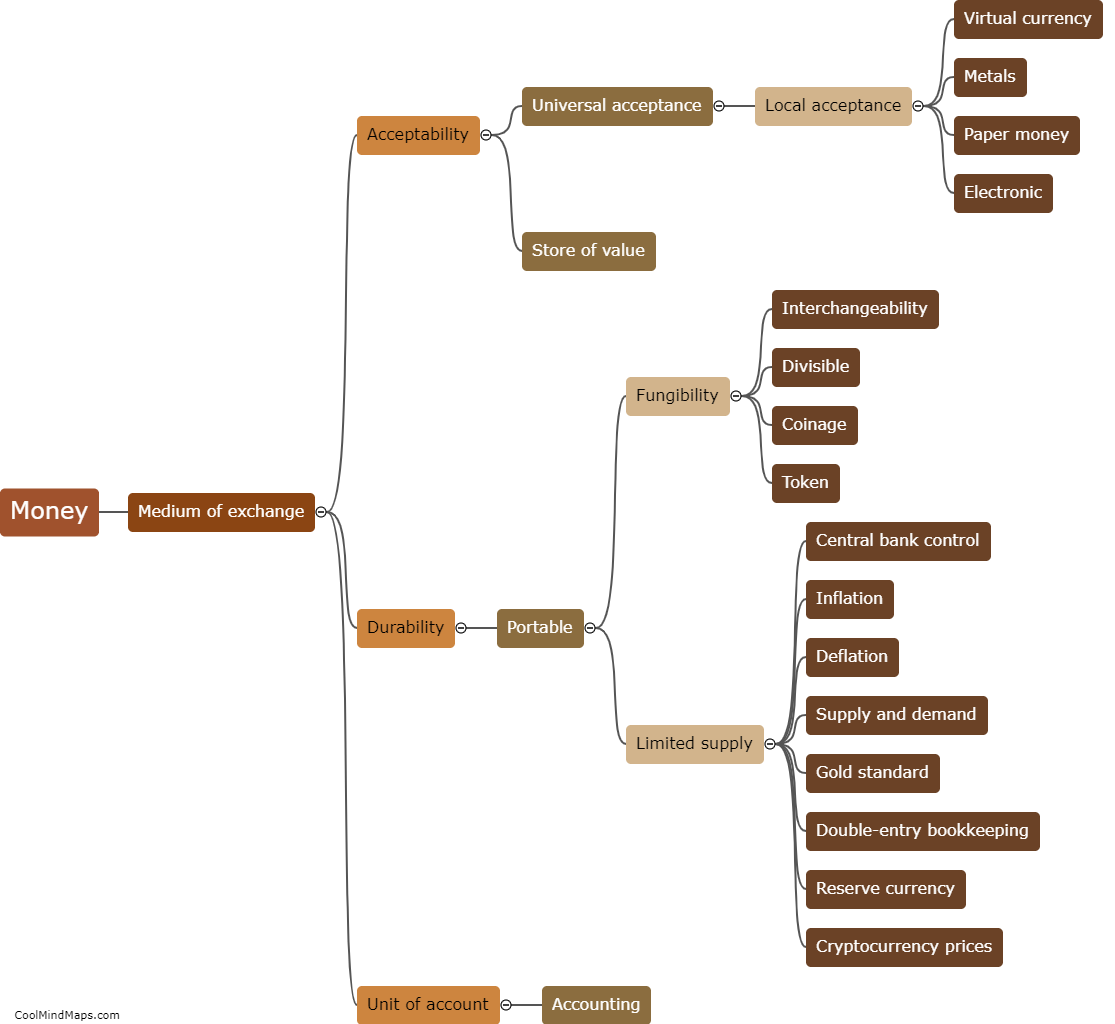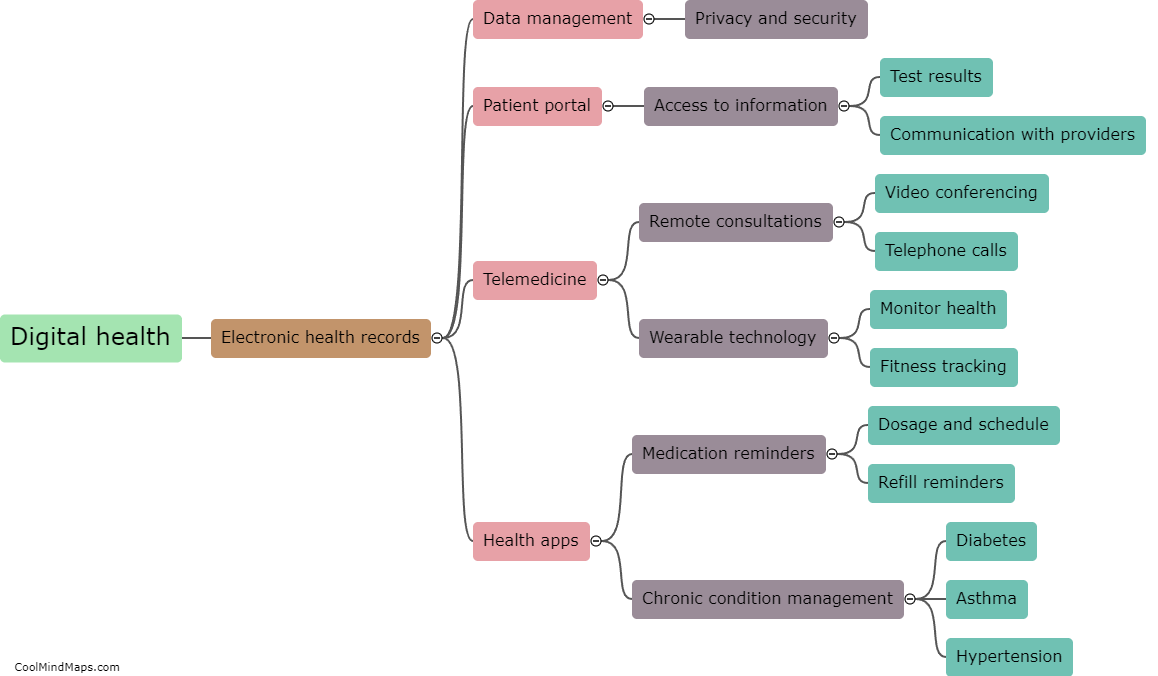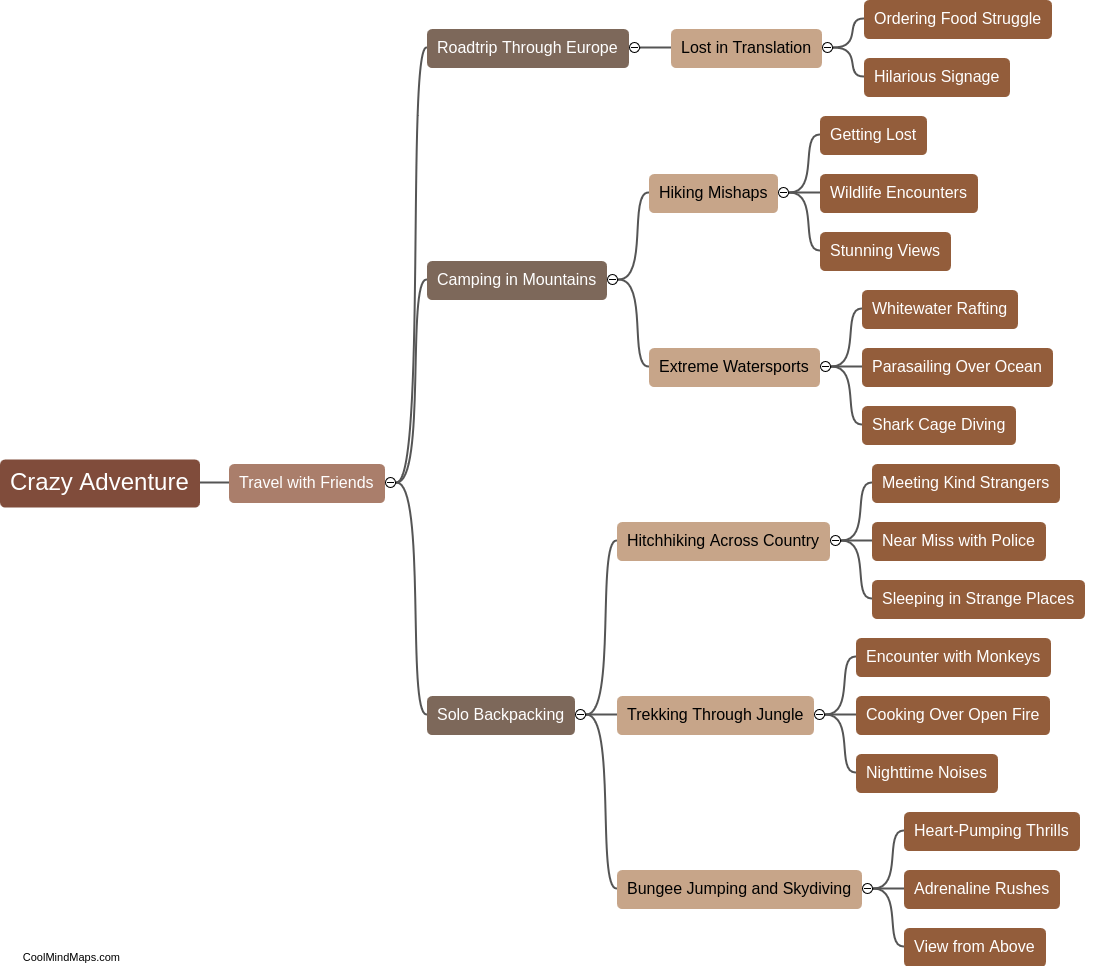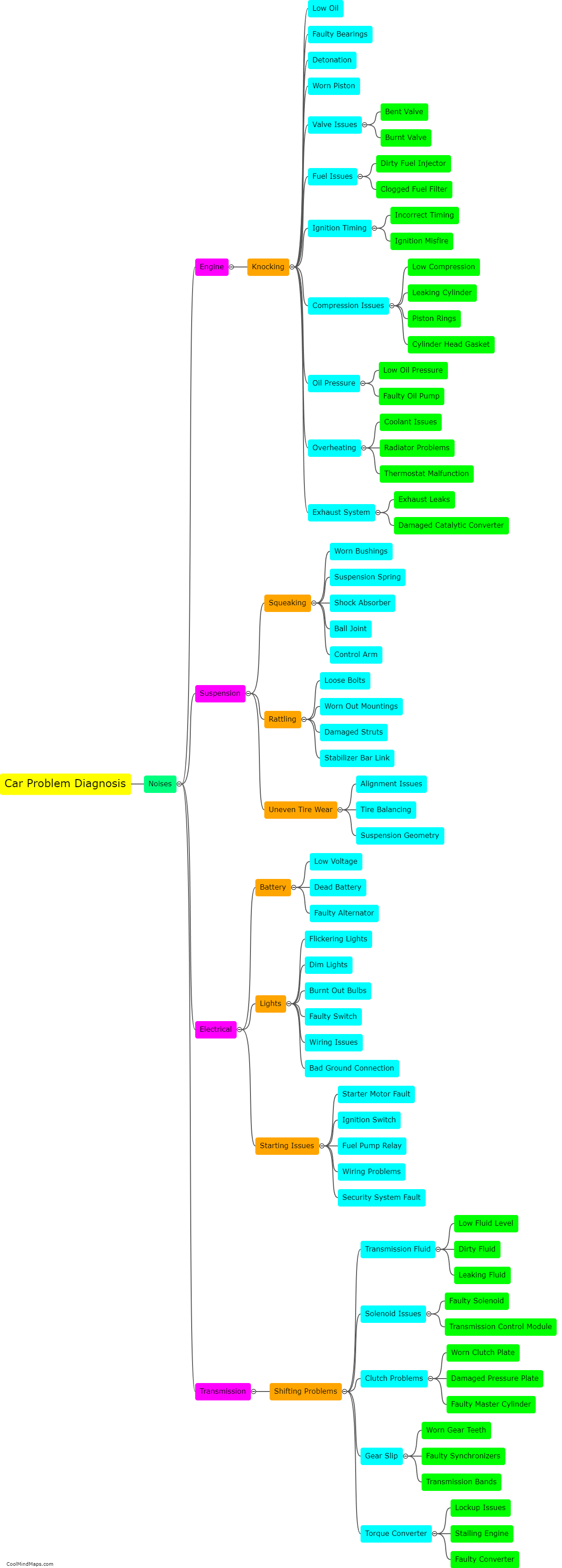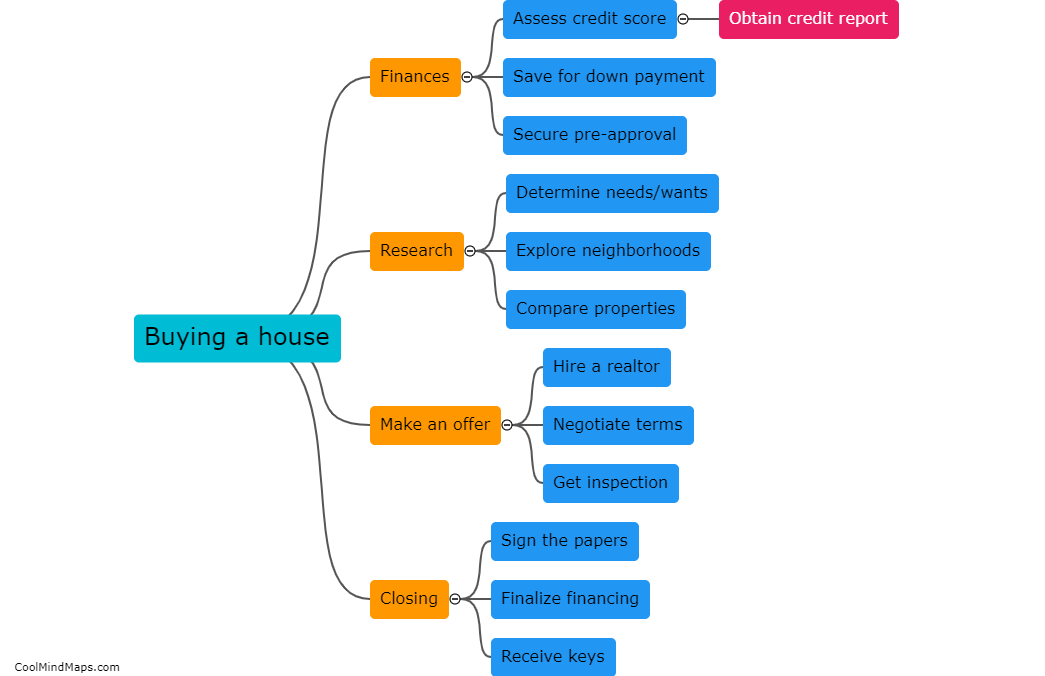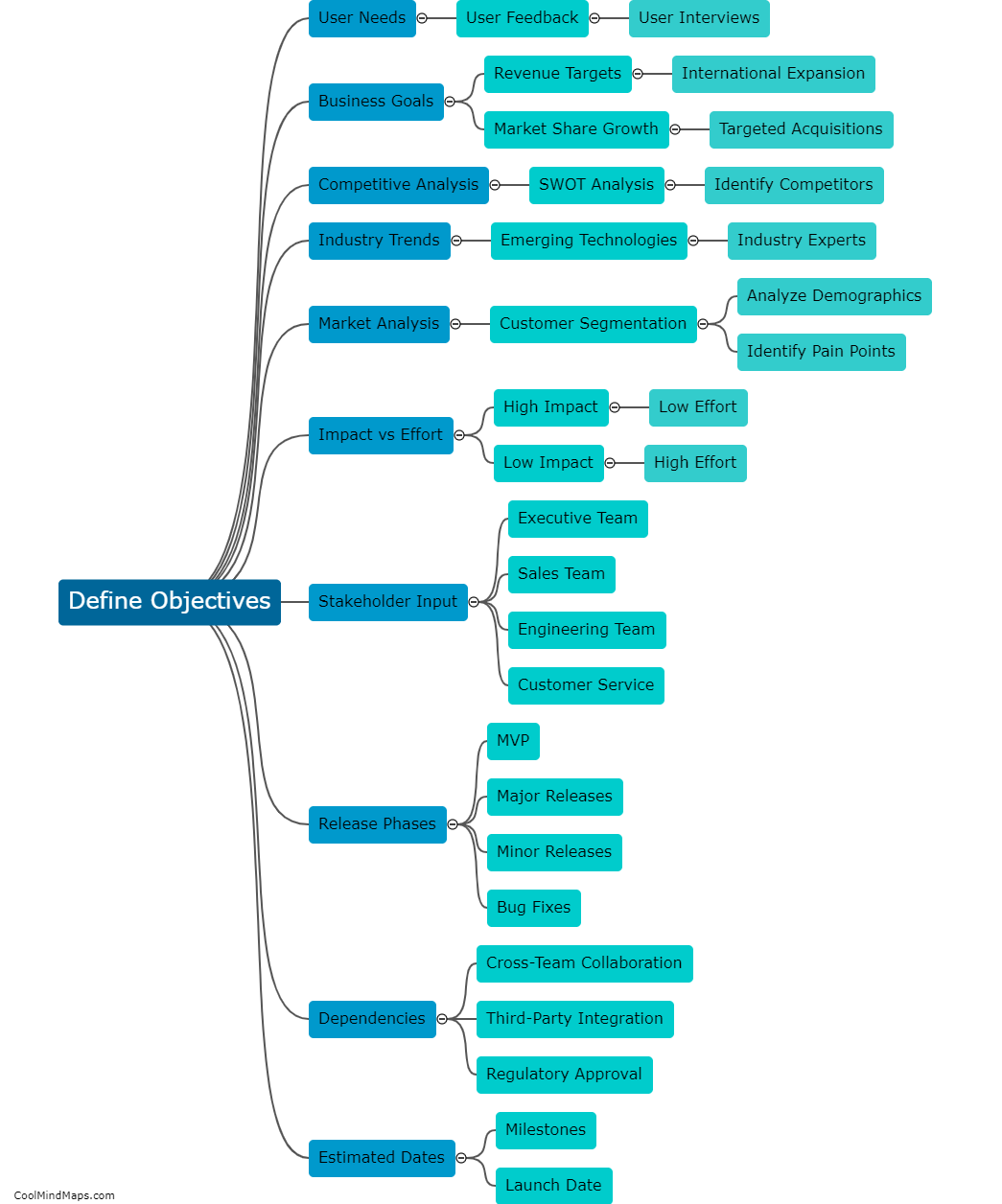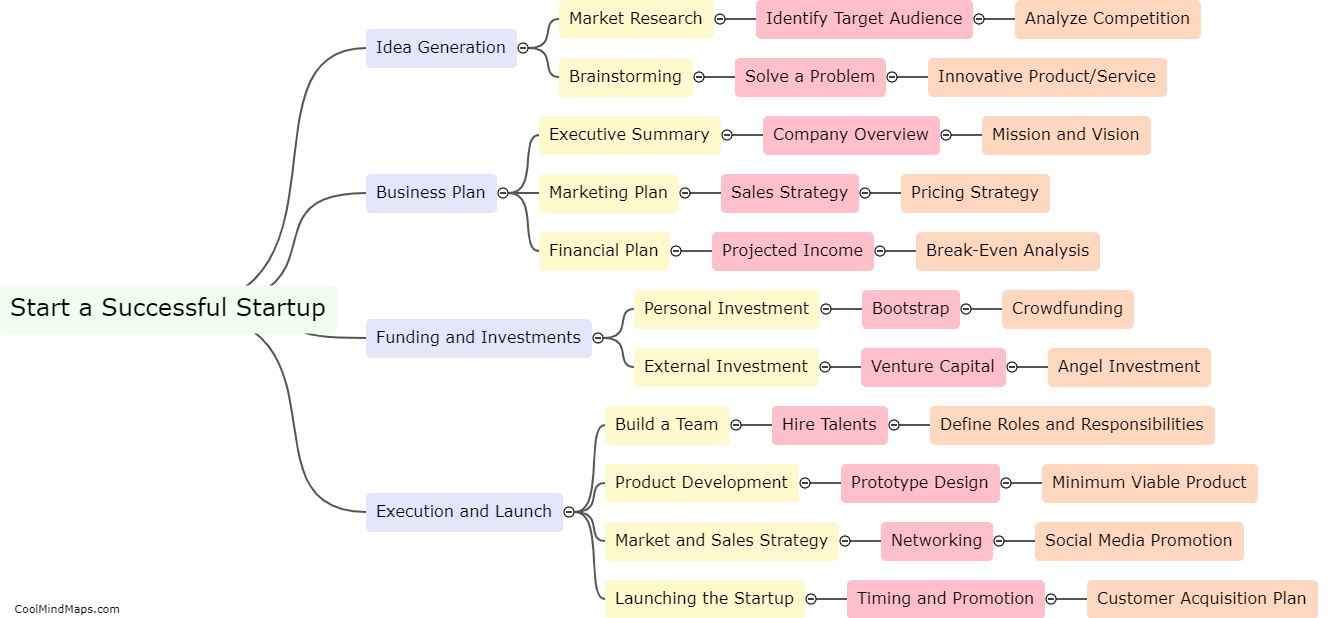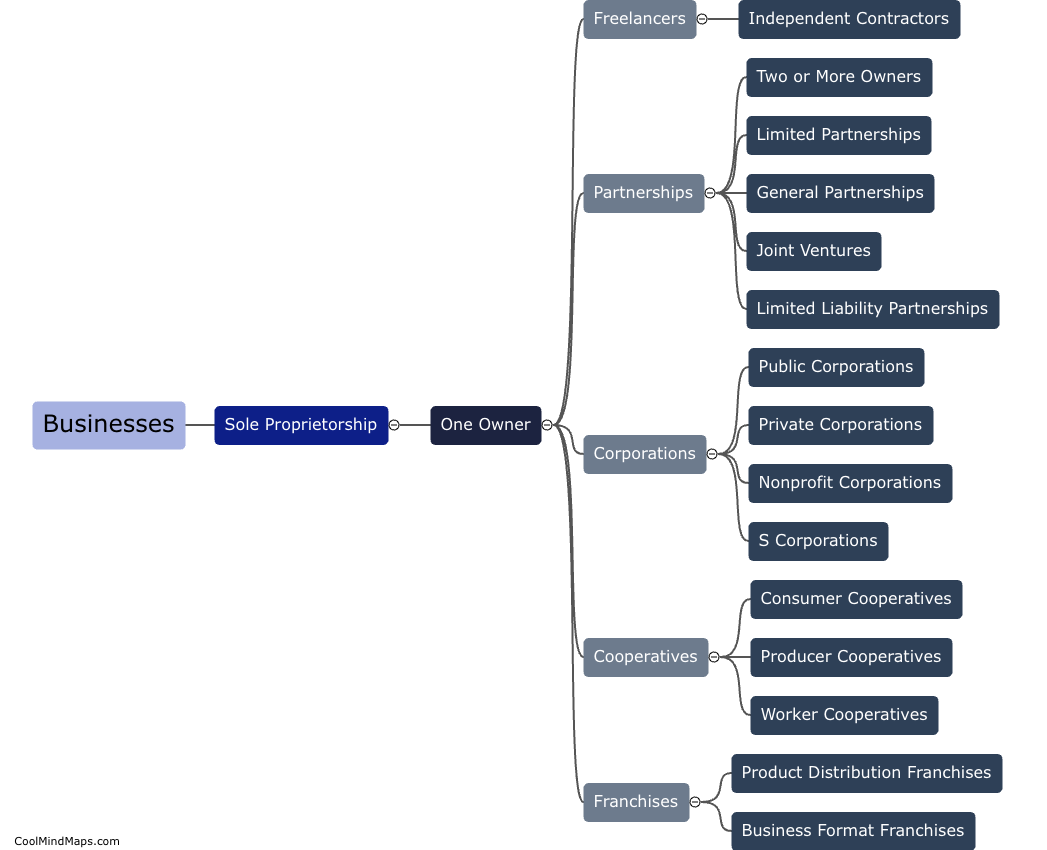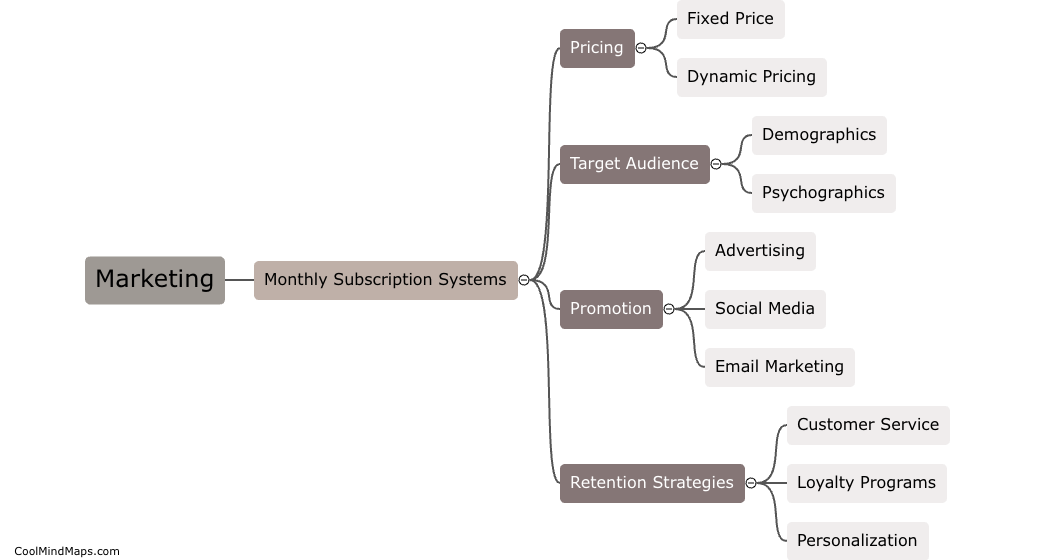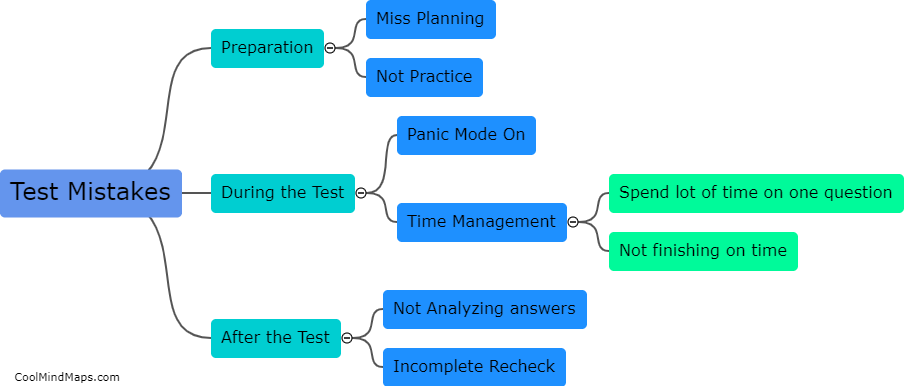What is photosynthesis?
Photosynthesis is the process by which green plants, algae, and some bacteria convert light energy into chemical energy in the form of glucose or sugar. During this process, plants use sunlight, carbon dioxide, and water to create oxygen and carbohydrates. Chlorophyll, a pigment found in chloroplasts within the plant cells, absorbs sunlight and converts it into energy. This energy, along with water and carbon dioxide, drives the chemical reactions that result in glucose production. Photosynthesis is essential for the survival of organisms that depend on plants, and it is also responsible for producing oxygen that is critical for life on Earth.

This mind map was published on 22 April 2023 and has been viewed 102 times.
